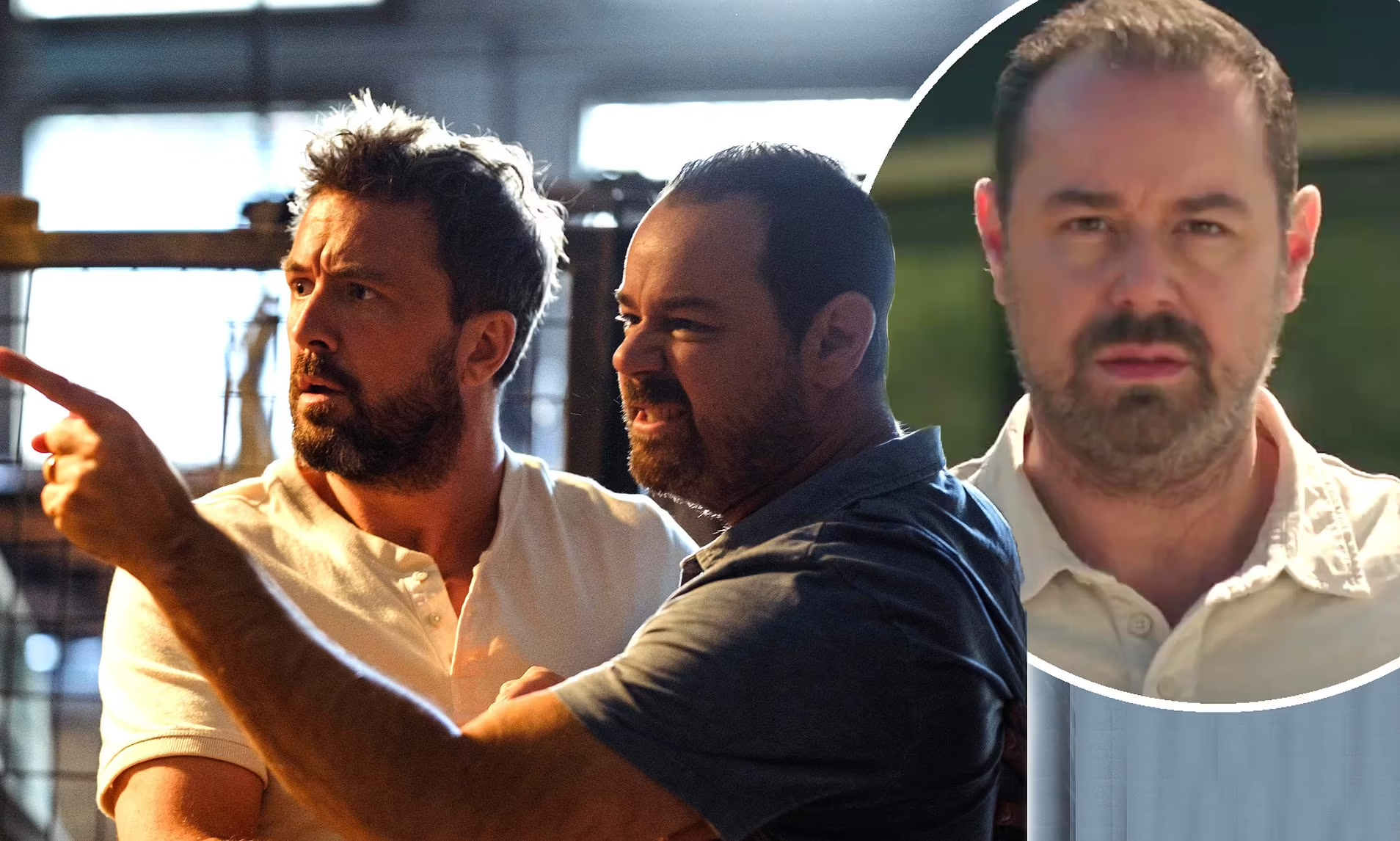The portrayal of Connor Newman’s struggles with obsessive-compulsive disorder (OCD) in *The Young and the Restless* has sparked a wave of mixed reactions among the show’s fanbase.
In the January 14, 2025, episode, the storyline focused heavily on Connor’s personal and emotional battles with the condition, shedding light on the daily challenges it presents for him.
However, the way the show has chosen to depict his struggles has raised significant concerns among viewers, 
with some expressing frustration over its repetitive nature, while others have praised its realistic portrayal.

Connor, the son of Adam Newman and Chelsea Lawson, has been grappling with OCD for several months now, with the storyline running throughout various episodes.

This depiction has drawn both applause for its awareness-raising intent and criticism for what some fans describe as tiresome and monotonous content.

The OCD storyline seems to be focusing heavily on Connor’s fixation with mundane actions, such as obsessively flipping light switches, adjusting sweaters, or dealing with buttons. This focus has raised eyebrows among viewers, who feel that these scenes may not be offering any new insights into the disorder and are instead becoming repetitive.
One of the loudest voices of discontent came from an X (formerly Twitter) user named @KataraStormwild, who expressed her frustration with the ongoing OCD plot. In a post, she described the storyline as “tiresome” and “boring,” adding, “Am I the only one who finds this Connor OCD story tiresome? Enough already – it’s so boring. If they want Chadam together then just do it; enough with the boring light switches/sweaters/buttons stuff!” This sentiment was echoed by another viewer, @EgheU, who joined in the conversation, stating, “The Connor OCD story is like beating a dead horse. It’s exhausting and boring.” These comments reflect the dissatisfaction of some fans who feel that the show’s writers are dragging out the narrative without delivering fresh or meaningful developments.
While this critique has resonated with a portion of the audience, others have voiced their support for the storyline, praising the show’s commitment to addressing mental health in a sensitive and realistic way. In March 2024, a fan named @KingMinos777 praised the portrayal of Connor’s OCD in a particular episode, calling it “difficult to watch but factual.” This comment highlights the delicate balance that *The Young and the Restless* is attempting to strike by presenting an honest depiction of a complex mental health condition. For viewers like @KingMinos777, the discomfort of watching Connor struggle with OCD is seen as an important part of raising awareness about the disorder, even if it can be emotionally challenging.

Some fans have also pointed out that the central issue of the storyline—Connor’s OCD—is largely intertwined with the ongoing dynamics between his parents, Adam and Chelsea. This has led to speculation that the depiction of Connor’s mental health challenges is not just a standalone plotline, but a tool to bring the estranged couple back together. The term “Chadam” refers to the relationship between Adam and Chelsea, which has been a topic of interest for *The Young and the Restless* fans for years. Despite their separation, many viewers hold onto hope that the characters will reunite, and some believe that Connor’s OCD struggles could serve as a catalyst for a reconciliation between the parents. This theory is not without its critics, however, as some fans feel that focusing too much on the potential for a romantic reunion between Adam and Chelsea undermines the serious nature of Connor’s condition.
While the show’s portrayal of OCD has undoubtedly sparked debate, it is clear that *The Young and the Restless* is attempting to shine a spotlight on a mental health issue that is often misunderstood or underrepresented in mainstream media. The challenge, however, lies in striking the right balance between realism and entertainment, ensuring that viewers are both engaged with the story and informed about the condition. The ongoing discussion surrounding Connor’s storyline underscores the importance of sensitivity when addressing complex topics such as mental health on television.

As the show continues to explore Connor’s journey with OCD, it remains to be seen how the storyline will evolve and whether it will satisfy the differing expectations of the fanbase. For now, the portrayal of Connor’s struggles is a topic that divides audiences, with some applauding its authenticity and others calling for a shift in focus.





